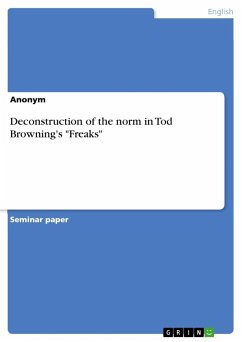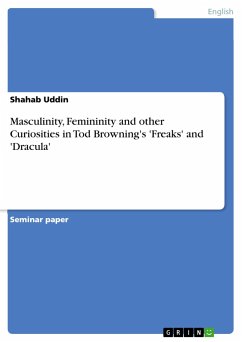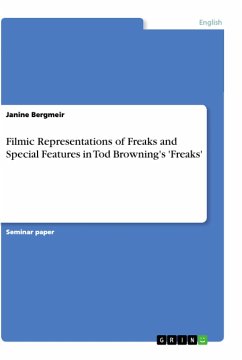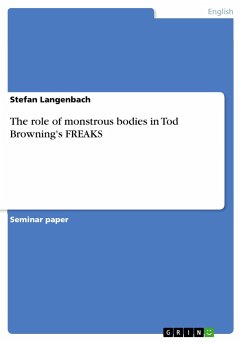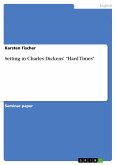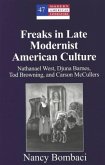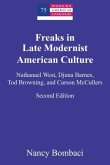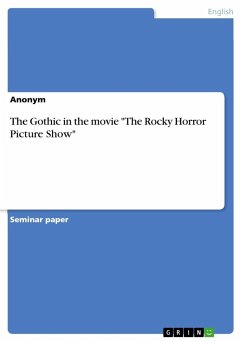Seminar paper from the year 2014 in the subject American Studies - Miscellaneous, grade: 1,3, University of Frankfurt (Main) (Institut für England- und Amerikastudien), course: The American Carnival, language: English, abstract: This paper is about Tod Browning's controversial movie "Freaks". It serves to explain how the movie "Freaks", deconstructs what is understood as the category of "normal" people. What leads the viewer to judge the "normals" as such in the beginning of the movie is going to be examined throughout this work. This paper illustrates what is understood as "monsters" and what the function of this constructed borderline between "normals" and "freaks" is. Therefore it is looked at the meaning of deformity in history. It is going to be analyzed how the viewer is introduced into the movie by the preface. At the film's turning point (wedding banquet), what is firstly presented to the viewer as "freak" suddenly is understood as "normal". How this deconstruction of the"freak" proceeds is going to be described in the following. In the movie, terms for referring to disabled people play an important role in determining how the viewer perceives the characters that are presented. Already the movie title Freaks is very provocative for it is the term describing a failed product of procreation. Throughout this paper the term "freaks" is going to be used. No other terms like "disabled" or "handicapped" appeared more reasonable as the term "freak" for it expresses best how the assumed category of the "freak" is a construct and dependent on the condition of a relation, in addition it is connected to perspectives. From an anthropological perspective it is always recommended, in case of doubt, to call a group by its self-imposed name. Moreover the term "freak" refers to the relation of a person whose deviation from the norm is used for the entertainment of others and the person who is entertained. This describes best that this category is a construct and underlines that to be a "freak" is not primarily a body condition but rather a social relation.
Hinweis: Dieser Artikel kann nur an eine deutsche Lieferadresse ausgeliefert werden.
Hinweis: Dieser Artikel kann nur an eine deutsche Lieferadresse ausgeliefert werden.

